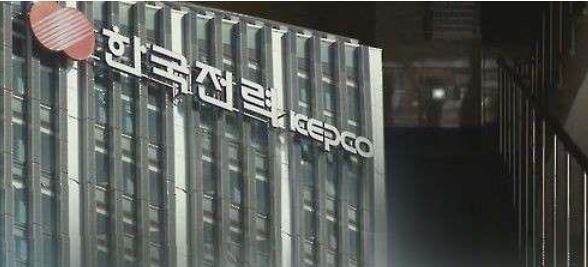The state-run Korea Electric Power Corp. said Tuesday its net profit plunged in the third quarter compared with a year ago due to higher fuel costs.
Net profits stood at 737.29 billion won ($650.4 million) on a consolidated basis in the July-September period, down 51.8 percent from a year earlier, KEPCO said in a regulatory filing.
The firm’s sales gained 1.4 percent on-year to 16.4 trillion won on increased electricity demand during an unprecedented stretch of hot summer weather.
Its operating losses, however, plummeted 49.7 percent to 1.39 trillion won as higher oil, coal and natural gas costs cut into its profitability.
After three consecutive quarters of operating losses, the company turned to an operating profit in the third quarter as more nuclear reactors came online after completing their safety maintenance procedures earlier this year.
The operation rate of its nuclear reactors reached 73.2 percent in the July-September period, up from 70.2 percent a year earlier.
KEPCO said increasing fuel costs hurt its profitability, though the higher operation rate of nuclear reactors helped ease the losses.
The average prices of oil and soft coal jumped 46 percent and 26 percent on-year, respectively, in the third quarter, and prices of liquefied natural gas advanced 19.5 percent over the period, the company said.
It said it has been making cost-cutting efforts in the unfavorable business environment and exploring new business opportunities abroad.
“KEPCO has carried out an emergency business management program to cut 2.5 trillion won in costs in conjunction with its power subsidiaries by the end of this year,” the company said in a statement. “We are also pushing to expand overseas businesses and diversify our energy portfolio.”
KEPCO has been stepping up marketing efforts to win a nuclear project in Saudi Arabia, after being shortlisted for the bid in June, along with rivals from the United States, France, Russia and China.
Shares of KEPCO fell 0.73 percent to 27,350 won on the Seoul bourse. The earnings report was released after the market closed. (Yonhap)


